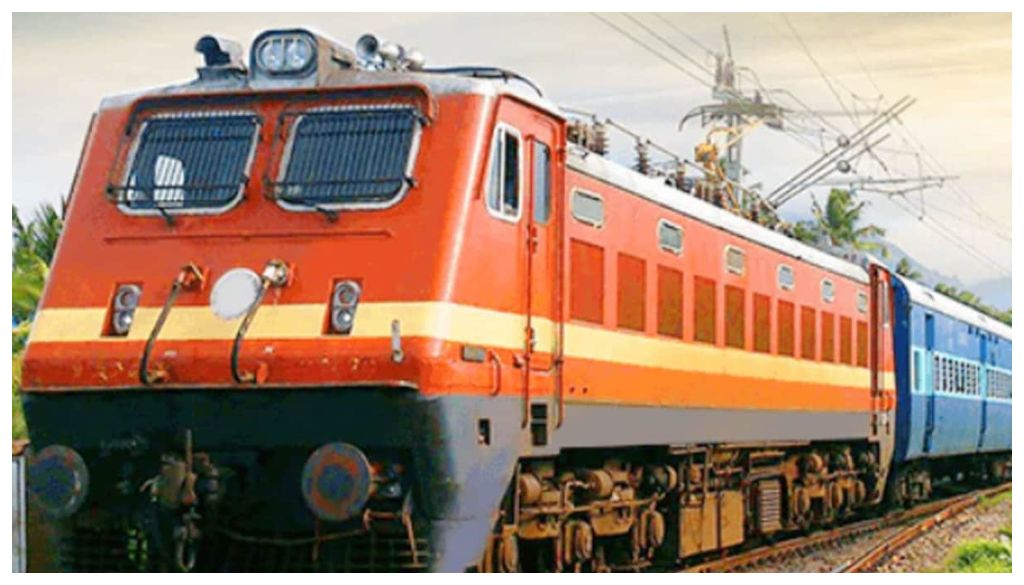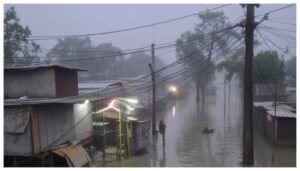
Representative Image
Patna: A final investigation into the derailment of the North-East Express in Bihar’s Buxar district in October 2023 has concluded that undetected flaws in the rail were the primary cause of the accident, which killed at least four people and injured dozens. The report, filed by Suvomoy Mitra, then Commissioner of Railway Safety (Eastern Circle), highlights a failure in early detection of rail defects and calls for tighter oversight in rail manufacturing. It also recommends the adoption of real-time track health monitoring to prevent future disasters.
Responding to the report, Indian Railways said it is upgrading processes at the SAIL/Bhilai rail plant to improve the quality of steel and rolling. It also noted that its Track Management System (TMS) already monitors flaws through Ultrasonic Flaw Detection (USFD), with testing data uploaded daily.
To advance safety, the Railways is piloting three new technologies across zones:
• Continuous Broken Rail Detection System (NGRT)
• Acoustic Domain Technology (Rail Acoustic)
• Vibration Energy-based Broken Rail Detection System
The report also urges better detection of fatigue cracks in rails. In response, the Railways is promoting a new method called Phased Array Ultrasonic Single Rail Tester (PAUT SRT). Beyond track faults, the CRS warned against running defective coaches and called for digital maintenance logs. It also advised installing Cab Voice Recorders in locomotives. The ministry said 479 trains are already equipped with Crew Voice and Video Recording Systems (CVVRS).
Finally, the report recommended formal training for accident site documentation, including drone footage. The ministry stated guidelines are already in place. The findings point to systemic lapses in safety and oversight, even as Indian Railways pushes forward with technological upgrades.





